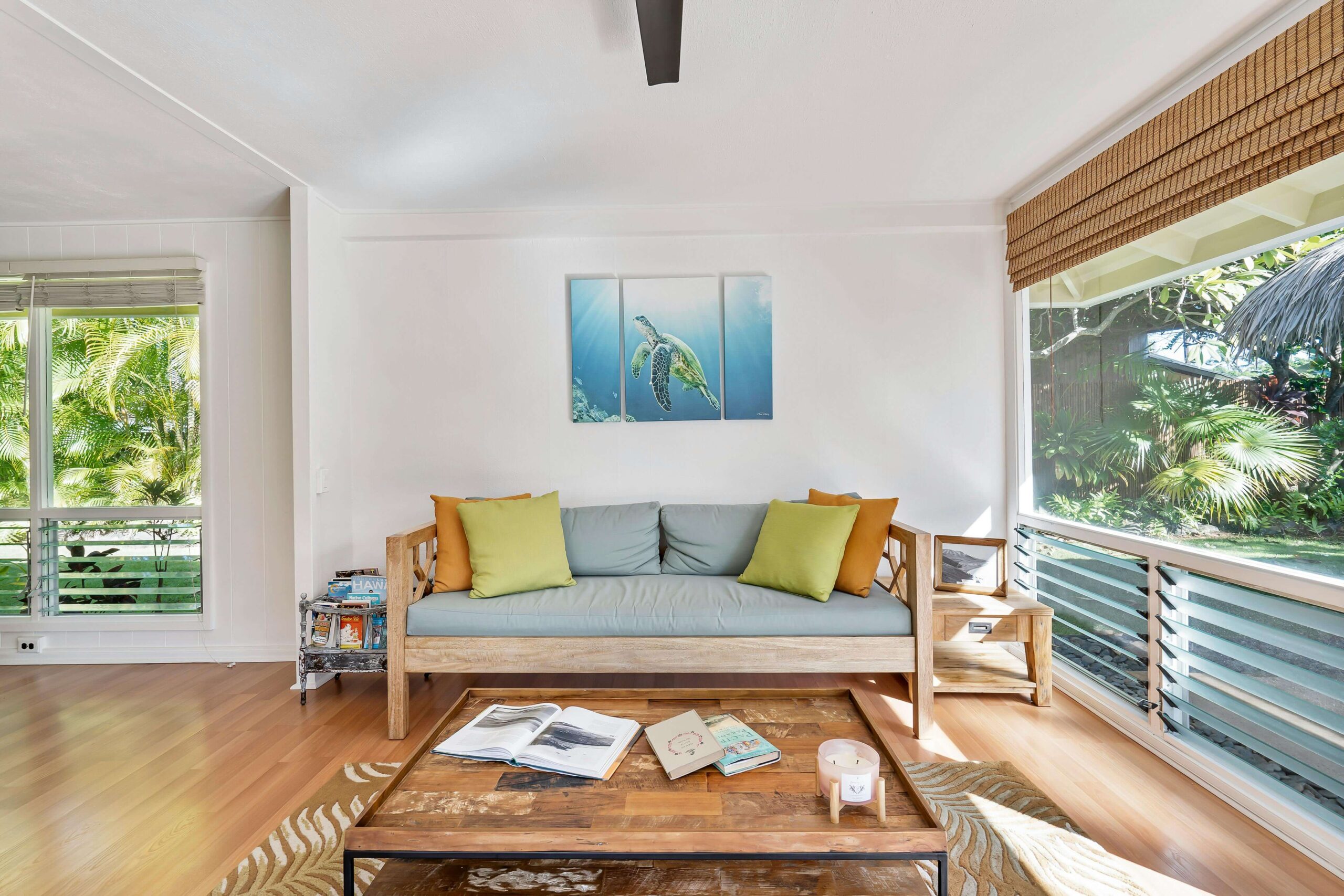Short-term rentals in Spain have become a source of neighbour disputes, pressure on residential housing, and constant regulatory changes. Following the recent reform of Spain’s Horizontal Property Act (Ley de Propiedad Horizontal), homeowners who want to list their property as a holiday rental within a community of owners now face new obligations. At Roomonitor, we explain the essential steps you must follow to legally rent out your home in Spain, avoid fines, and maintain a good relationship with your building’s homeowners’ association.
Community approval now required for holiday rentals in Spain
Spain’s 2025 reform of the Horizontal Property Act introduces a series of changes that directly affect short-term rentals in residential buildings. The most important are:
- Any homeowner wishing to rent out their property to tourists (defined as the temporary commercial letting of a fully furnished home) must obtain explicit approval from the homeowners’ association before starting activity.
- The association can now, with a 3/5 majority vote (representing 3/5 of ownership shares), authorise, restrict, condition or fully prohibit short-term rentals within the building.
- These new requirements do not apply retroactively to properties that were already operating legally as short-term rentals before the reform came into effect.
Steps every homeowner in Spain must follow
Here are the key steps to ensure full compliance with Spanish regulations:
1. Review your building’s statutes and previous community decisions
Start by checking whether your building’s internal rules explicitly prohibit holiday rentals, or whether a prior owners’ meeting adopted a valid decision limiting or conditioning them. If such a rule exists, you cannot legally operate your property as a holiday rental unless the decision is formally amended.
2. Obtain approval from the homeowners’ association
If no prohibition is in place, you must present your proposal to the homeowners’ association and secure approval by a 3/5 majority. Without this approval, operating as a tourist rental is no longer legal under the updated Act.
The association’s president may formally require you to cease activity if you operate without the necessary approval.
3. Comply with regional and municipal tourism regulations in Spain
The national reform does not replace Spain’s regional or municipal tourism laws. Depending on the location of your property, you may still need to obtain a tourist licence, register the property in the regional tourism registry, comply with safety standards, meet accessibility requirements, or respect zoning limits.
4. Meet tax and reporting obligations
Running a holiday rental in Spain is considered an economic activity. You must declare income and fulfil all applicable reporting obligations, including digital information submissions required for short-term rental operators.
5. Additional formalities and best practices
- Even when approved, ensure that the community’s decision is formally recorded in the meeting minutes and, when applicable, registered with the Land Registry.
- Homeowners’ associations may apply an additional fee or surcharge of up to 20% of shared community expenses for properties used as holiday rentals.
- Maintain open communication with neighbours. Establish clear protocols for check-in/out, cleaning, access control, noise prevention, and noise monitoring—where a solution like Roomonitor is especially effective.

Mandatory Digital Single Window registration to list your property on OTAs in Spain
Spain’s Digital Single Window for Short-Term Rentals (VUD – Ventanilla Única Digital) is now fully operational and is a key national requirement. As of 1 July 2025, all properties used for tourist rentals in Spain must obtain a valid registration number through this system in order to be legally listed on Airbnb, Booking.com or Vrbo.
The VUD centralises verification of legal compliance, but it does not replace regional or municipal rules. Homeowners must register through the Digital Single Window and comply with all regional tourism obligations in their area.
What if your property in Spain was already operating as a holiday rental?
If your property in Spain was legally operating as a holiday rental before 3 April 2025, you do not need to obtain new community approval. Your activity is grandfathered under the previous regime.
Even so, reviewing community decisions and keeping all documentation updated is strongly recommended.
Practical tips to minimise risks and improve management
- Before presenting your proposal, meet with the homeowners’ association and share a clear operating plan: access control, cleaning processes, booked guest tracking, noise protocols, insurance and monitoring devices.
- Apply for the weRespect certification to demonstrate sustainable and responsible tourism practices.
- Keep every document: meeting minutes, agreements, notifications and proof of compliance.
- Check additional regional or municipal requirements: some Spanish cities impose stricter limits, special licences or zoning caps.
- If the community introduces new restrictions in the future, consult a legal expert to assess whether the decision can be challenged.
What the reform of Spain’s Horizontal Property Act changes
The reform significantly reshapes how holiday rentals work in Spain: the absence of a prohibition is no longer enough. Short-term rentals in residential buildings now require a prior, explicit green light from the homeowners’ association.
For homeowners, transparency and compliance are essential to operate legally, reduce conflicts and build trust with neighbours, guests and platforms alike.
